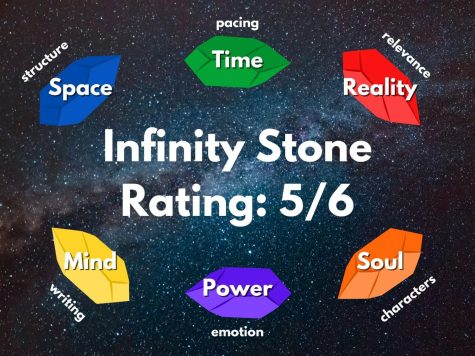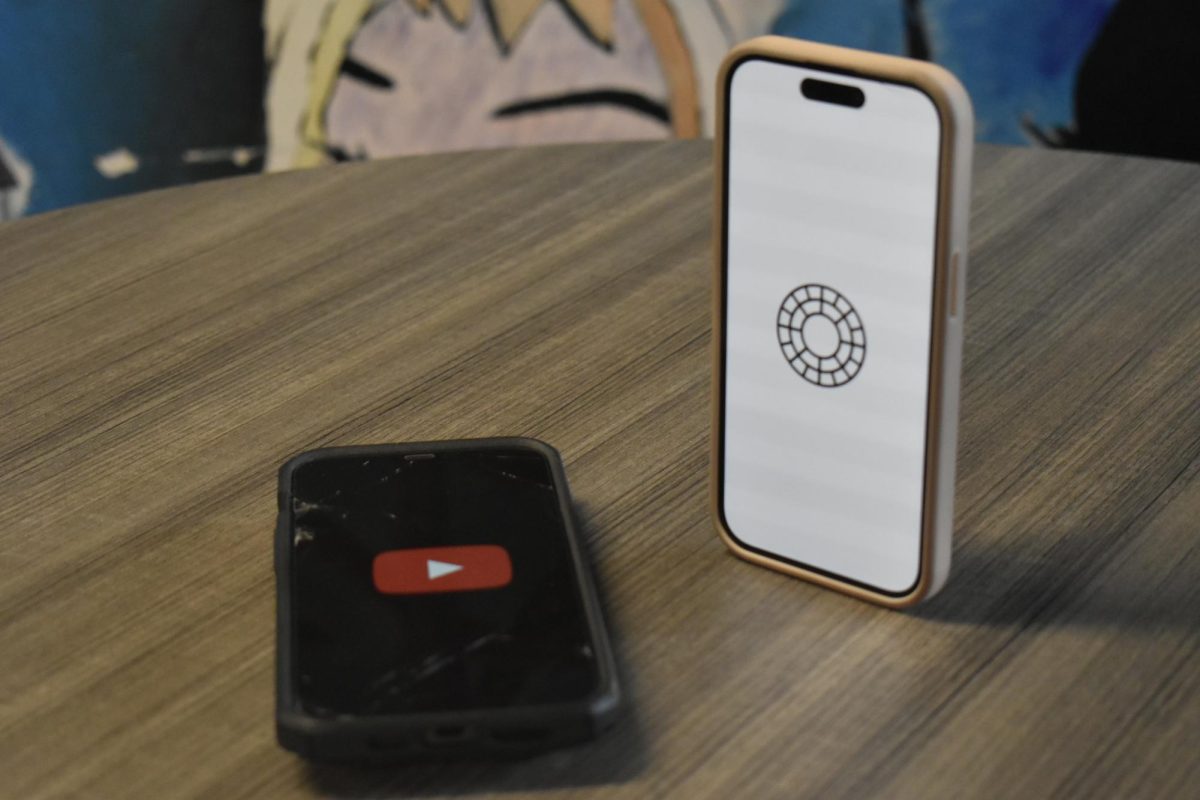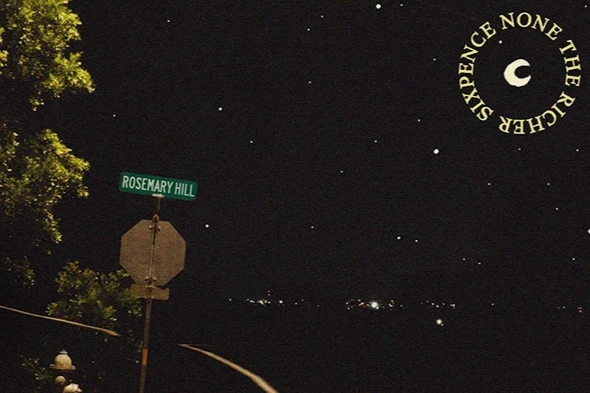This summer, Marvel released yet another slew of content, and we’re here to review it for you. Today we will be focusing on Marvel’s most hard-hitting and relevant addition to its catalog: “The Falcon and the Winter Soldier”. Though it was released over the summer, we still thought it necessary to write a review, even a few months after its release, as it is unique from other Marvel content in that it tackles both political and social issues faced around the globe, providing a reflection of our world today.
The Marvel Cinematic Universe (MCU) has continued to expand both in size and complexity. As Marvel enters phase four of their universe, a new series of television shows and movies will continue to be released. While the first three phases centered around the original six Avengers, this latest phase centers on both longtime cast-aside characters (*ahem* Bucky and Sam) and an onslaught of new characters who are set to be introduced.
“The Falcon and the Winter Soldier” is just one of a few of the latest editions to the MCU, though this show stands out from the others in its attempts to dive deeper into several social and political issues that reflect the ones we see in our world today. It consists of six episodes centered around Bucky Barnes and Sam Wilson, two of the peripheral Avengers, who are connected by their mutual friend Steve Rogers, or Captain America. The show follows how both attempt to cope with the loss of their friend, who had died in the previous film Avengers: Endgame (or practically died— Steve ended the movie as a 105 year old man).

The two don’t often get along very amicably. They have vastly different places in the world, and struggle to understand each other. Bucky was a super soldier kidnapped and brainwashed by the group known as Hydra, though at this point in the MCU he has escaped and now attends therapy to deal with the trauma that had resulted from his years of brainwashing. Sam tackles the issue of the persona of Captain America, and the complexity he faces whether he chooses to take on the title or not, due to the racism he faces as a Black man. We appreciated the setup here, two characters with such vastly different setups, it makes an interesting mix.
Now you might be thinking, a superhero movie tackling complex issues? How does that work? Or, if you weren’t thinking that, we’re going to talk about it anyway. This show is not for the faint of heart. It takes the issues faced by superheroes and turns them into stories that a regular person can relate to. Watching Bucky struggling to cope during therapy, or Sam dealing with racist encounters—these aren’t issues unique to superheroes, which is what makes the show more realistic and harder-hitting than other past Marvel content.
Marvel also took a jab at an international issue. In the time after “Avengers: Endgame,” an anti-nationalist group known as the Flag Smashers emerged around the world. Angered at the globe’s response to the return of half the population, who were brought back to Earth after being wiped out by Thanos, a time referred to as the blip. The Flag Smashers’ goal is to return to how the world was during the Blip, when borders were open and people weren’t obsessed with patriotism. Their leader, Karli Morgenthau, is our personal favorite.
Marvel’s depiction of this group is… a little messy. While they do a good job depicting the humanity of the group, and the fact that their struggle is just and popular, it sometimes ventures into a depiction of terrorists rather than freedom fighters. It’s a fuzzy line of distinction, though overall Marvel really strived to portray a complex resistance movement. Sam’s endorsement of the group and attempts to have conversations with Karli about her reasoning and thought process is refreshing, though we were glad to see a critique of the typical U.S. reaction of violence and oppression first was also included.

Marvel also missed a mark a bit on the ending of season one. We won’t spoil it for you, but for general reference, Sam struggles the length of the season with whether or not he should truly become Captain America, considering his own life, his sister’s and the dehumanizing treatment of Black people in the U.S. He wonders if after all of this, he should take on an identity that, if you choose to believe it or not, is vehemently patriotic and nationalistic. Sam even goes to talk to a Black Super Soldier who was experimented on and then abandoned by the U.S. government, garnering his disapproval of the idea of a Black Captain America. Despite all of this, and Sam’s sympathy towards the Flag Smasher cause, the show’s ending lends itself more to American patriotism rather than the global issues at hand.
Nevertheless, Marvel’s attempt to paint a deep, complex picture of a world ridden with strife is appreciated, and largely done very well. Not to mention, Sam and Bucky are absolute icons. If you ask us, this point is simply not debatable. And despite the many tough issues, a lighthearted attitude still presides over much of the show through Bucky and Sam’s relationship. Though it was not our favorite of the Marvel television series (nothing beats WandaVision, sorry), the show is definitely still up there in terms of Marvel’s television prowess.





![There are more than 20 open cardio machines at Crunch Fitness. I enjoyed the spacious environment at Crunch, a sentiment that was shared by sophomore Sanjana Daggubati. “[Going to] Crunch Fitness was the right decision because [it] feels more professional. Crunch’s workers are laid back, but not to the point where they don't care,” Daggubati said.](https://pwestpathfinder.com/wp-content/uploads/2025/09/IMG_5242-1-1200x900.jpg)

![Various empty Kit Kat wrappers crowd the desk, surrounded by scoring sheets. While production of Kit Kat flavors in the U.S. is limited, Nestlé, the owner of Kit Kat, manufactures hundreds of unique flavors in Japan, including the flavors ocean salt and passion fruit. “I thought there [were] some interesting flavors, and a lot of them were really unexpected,” senior Elle Levesque said.](https://pwestpathfinder.com/wp-content/uploads/2025/09/image-2.png)


![Pantone’s selection of the 2025 Color of the Year is revealed: Mocha Mousse. Ceramics teacher Ashley Drissell enjoys this year’s selection. “Maybe it’s the name but [Mocha Mousse] reminds me of chocolate and coffee. It makes me hungry. It’s very rich and decadent,” Drissell said.](https://pwestpathfinder.com/wp-content/uploads/2025/02/DSC_0015-1200x800.jpg)




